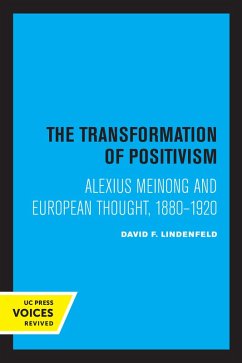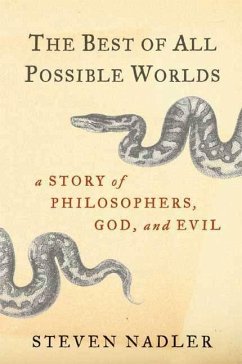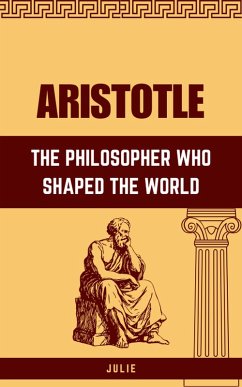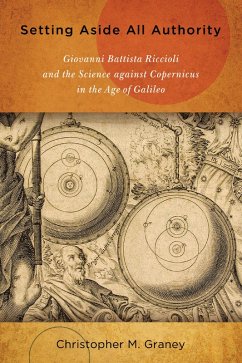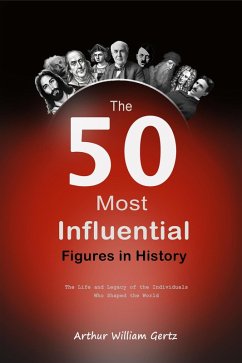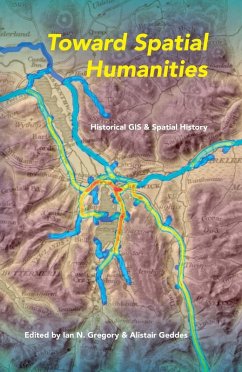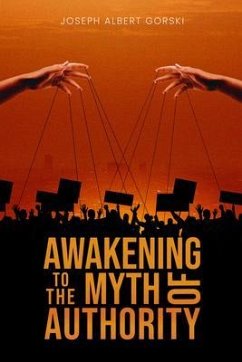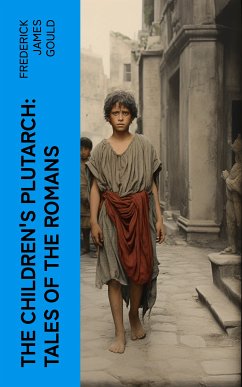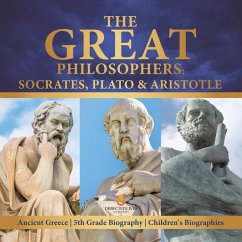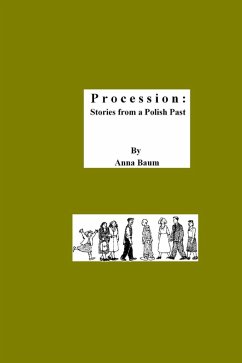
Vico's New Science of the Intersubjective World (eBook, ePUB)

PAYBACK Punkte
18 °P sammeln!
Among the classics of the history of philosophy, the Scienza nuova (New Science) by Giambattista Vico (1668-1744) was largely neglected and generally misunderstood during the author's lifetime. From the nineteenth century onwards Vico's views found a wider audience, and today his influence is widespread in the humanities and social sciences. The New Science is often taught in courses at colleges and universities, both in philosophy and Italian departments and in general humanities courses. Despite the excellent English translations of this enigmatic book and numerous studies in English of Vico...
Among the classics of the history of philosophy, the Scienza nuova (New Science) by Giambattista Vico (1668-1744) was largely neglected and generally misunderstood during the author's lifetime. From the nineteenth century onwards Vico's views found a wider audience, and today his influence is widespread in the humanities and social sciences. The New Science is often taught in courses at colleges and universities, both in philosophy and Italian departments and in general humanities courses. Despite the excellent English translations of this enigmatic book and numerous studies in English of Vico, many sections of the work remain challenging to the modern reader. Vico's New Science of the Intersubjective World offers both an in-depth analysis of all the important ideas of the book and an evaluation of their contribution to our present understanding of the social world.
In the first chapter, Vittorio Hösle examines Vico's life, sources, and writings. The second and third chapters discuss the concerns and problems of the Scienza nuova. The fourth chapter traces the broader history of Vico's reception. Hösle facilitates the understanding of many passages in the work as well as the overarching structure of its claims, which are often dispersed over many sections. Hösle reformulates Vico's vision in such a way that it is not only of historical interest but may inspire ongoing debates about the nature of the humanities and social sciences as well as many other issues on which Vico sheds light, from the relation of poetry and poetics to the development of law. This book will prepare students and scholars for a precise study of the Scienza nuova, equipping them with the necessary categories and context and familiarizing them with the most important problems in the critical debate on Vico's philosophy.
In the first chapter, Vittorio Hösle examines Vico's life, sources, and writings. The second and third chapters discuss the concerns and problems of the Scienza nuova. The fourth chapter traces the broader history of Vico's reception. Hösle facilitates the understanding of many passages in the work as well as the overarching structure of its claims, which are often dispersed over many sections. Hösle reformulates Vico's vision in such a way that it is not only of historical interest but may inspire ongoing debates about the nature of the humanities and social sciences as well as many other issues on which Vico sheds light, from the relation of poetry and poetics to the development of law. This book will prepare students and scholars for a precise study of the Scienza nuova, equipping them with the necessary categories and context and familiarizing them with the most important problems in the critical debate on Vico's philosophy.
Dieser Download kann aus rechtlichen Gründen nur mit Rechnungsadresse in A, D ausgeliefert werden.




